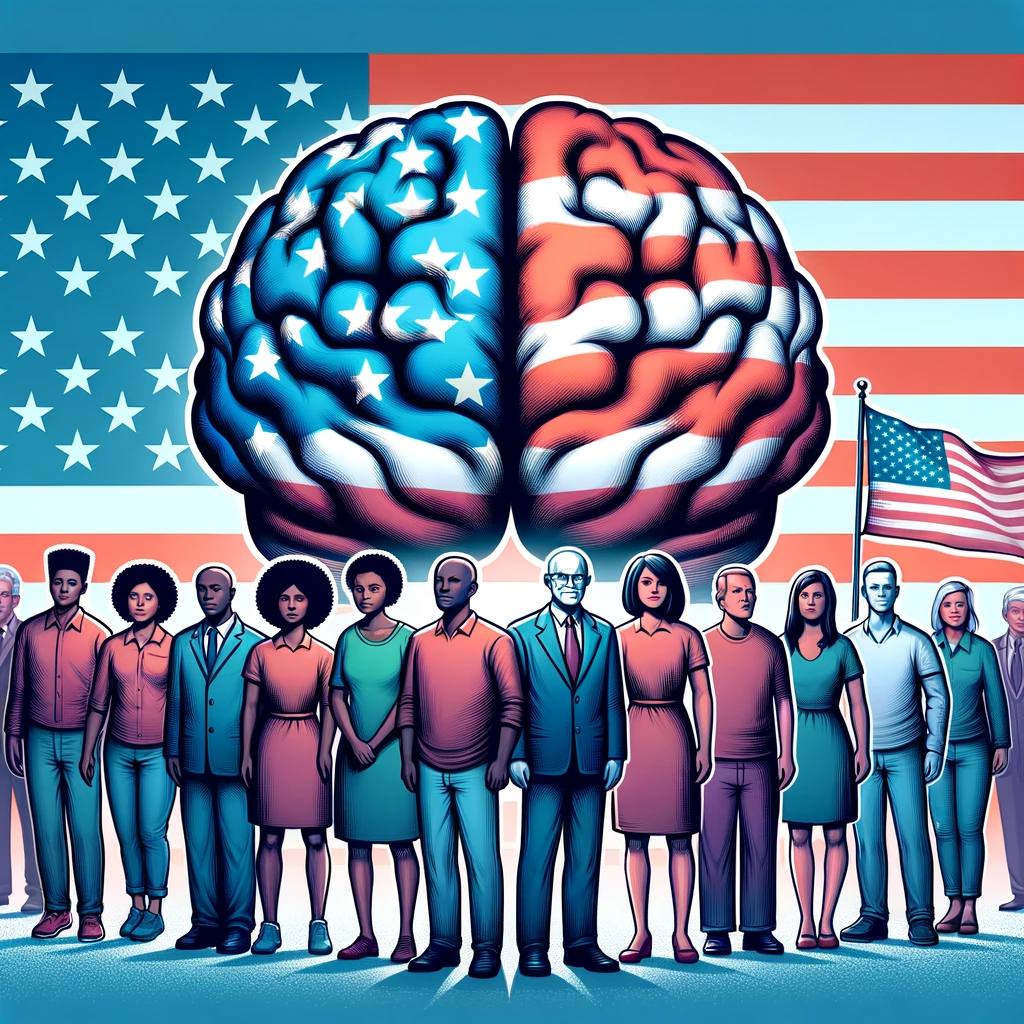In 2019, studies showed that roughly 20 percent of the United States population, nearly 50 million people, were diagnosed with a mental illness. Considering this data is over three years old and only includes those diagnosed, these numbers are quite concerning, especially when you think of the hundreds of thousands of people who struggle with mental health issues daily, but go unreported. Taking this into account, it is safe to say that the state of our mental health is alarming in this country and that we have a mental health crisis on our hands.
To further support this mental health crisis, statistics show:
• 1 in 5 Americans struggle with mental health issues each year
• Half of U.S. adults with a mental illness are battling it without treatment.
• 10.6% of American youth suffer from major depression.
• Across the U.S. economy, serious mental illness causes $193.2 billion in lost earnings each year
• Suicide is the 12th leading cause of death overall in the U.S, with 46% being diagnosed with mental health conditions and 90% having experienced symptoms of a mental health condition
One study conducted by the American Psychiatric Association at the end of 2022 even found that “nearly two out of five Americans rate their mental health as fair or poor.
WHAT’S CONTRIBUTING TO THIS CRISIS
Nearly half of Americans struggling with mental health issues go untreated, and the average delay between the onset of mental illness symptoms and treatment is 11 years. Contributors, such as, a lack of knowledge about symptoms and how to address those symptoms, the looming stigma that surrounds poor mental health, not being able to find providers that are sensitive to cultural differences, a lack of insurance coverage for mental health, and let’s not forget the COVID-19 pandemic, all play a role in the mental health crisis we currently face.
Before the pandemic, a limited number of therapists accepted insurance; however, since the pandemic’s start, that minimal number has gotten even smaller. It is estimated that roughly 4.9 million Americans were unable to gain access to the mental health services they needed during the pandemic, primarily due to the rise in insurance costs and delayed processing of insurance claims. Due to this spike in premimums and slowed processing, many therapists have stopped accepting insurance altogether, resulting in the burden of the total cost of treatment falling on the shoulders of the patient.
The COVID-19 pandemic itself, further crippled an already tenuous mental health system. In addition to wreaking havoc on the overall mental health of the American people, resulting in increased reports of anxiety, depression, substance abuse, self-harm, suicidal thoughts, and completed suicide, the mental health industry itself was hit hard and had its fair share of challenges. In addition to dealing with their own personal battles with COVID, therapists found themselves slammed with new client demands, and appointment schedules increased to a level that was not sustainable for the long term. Millions of people had their mental health consultations delayed or canceled and quarantined mandates forced many mental health consultations to move to virtual appointments with little to no preparation.
EARLY WARNING SIGNS OF MENTAL ILLNESS
Not knowing the warning signs of a mental health condition plays another crucial role in our mental health crisis. It is important to understand that not all mental health conditions are the same, and each condition has its own unique set of symptoms; however, many share similar signs, especially those that effect our day-to-day life. Also, most mental conditions don’t happen overnight but are relatively progressive. Some of these common early warning signs of mental illness include:
• Worrying or feeling afraid more often than not
• Feeling sad, empty, or hopeless for what seems like no reason
• Have trouble thinking, concentrating, or learning
• Significant shifts in mood, noticeable lows to highs or elation
• Avoiding friends, family, or social commitments; isolating oneself
• Increased sleeping or fatigue or eating more or less than usual
• Self-harm or suicide ideation
• Loss of interest in activities you enjoy
• Increased use of drugs and alcohol.
WHERE CAN MENTAL HEALTH SERVICES BE FOUND?
While we certainly face some challenges due to the mental health crisis in our country, all is not lost, and there is good news. Today, various programs, services, and options are available that make therapy and mental health services much more accessible. Even better, some of these options may even be free.
Online Therapy
Since 2020, the demand for online therapy has skyrocketed. Most of the available online therapy options are more affordable than face-to-face ones, which makes them more appealing. Over the last three years, these services have proven to be a reliable and effective tool for dealing with stress, anxiety, or other mental health conditions. Many sessions are conducted via video call, but other options include private chat rooms, phone calls, and even text/chat sessions.
Employee Assistance Programs (EAP)
The Employee Assistance Program (EAP) offers free therapy services, usually provided by your employer. In most cases, these services are intended to help with any issue that negatively impacts your mental or emotional health and, in turn, your work performance. Examples may include things like:
• alcohol or substance use
• anxiety and/or depression
• stress
• grief
• trauma
• other family issues
Contact your human resources department to find out what services are available through your employer.
Find an in-network professional
If you have health insurance, call your insurance provider to determine whether they cover mental health services. More than likely, they will. You can also check online sites like Zocdoc or Psychology Today. While many of these providers take insurance, double-check to see if everything is covered or if any co-pay and/or deductible amounts are required. If your provider of choice does not accept insurance or you are required to pay a co-pay, health savings accounts (HSAs) and flexible spending accounts (FSAs) may be another option to help cover mental health treatment costs. Both let you set aside money from your paycheck before it’s been taxed to pay for health care costs and in most cases recipients are provided a card that can be used similarly to debit card.
Pro bono counseling services
Pro Bono Counseling services are typically local non-profit organizations that provide free mental health care to those who experience trouble receiving care through any other source. The program generally links volunteer mental health professionals with clients who need mental health counseling but cannot afford it.
Support groups
Unlike individual therapy, support groups are different in that they are done in a group setting. They also connect people with others who are going through a similar experience. It can be comforting for many to hear other people share their stories because it reminds them that they’re not alone.
Crisis and suicide prevention hotlines
Some mental health emergencies require immediate care and attention, like suicidal thoughts (National Suicide Prevention Lifeline 800-273-8255), sexual assault, and domestic violence . If any of these crises arise, don’t wait; help is available 24/7. Trained volunteers and professionals can provide emotional support and connect you with additional assistance if needed.
When in doubt, call 911 or go to your closest emergency room.
A significant number of Americans are struggling with their mental health daily and need help. Our mental health is just as important as our physical health and should be a priority in our lives. Finding adequate resources and support shouldn’t be difficult, expensive, or embarrassing.
Sources:
The Current State of Mental Health in America. Plan Street. Retrieved from https://www.planstreetinc.com/the-current-state-of-mental-health-in-america/
Mental Health By the Numbers. National Alliance of Mental Health. Retrieved by https://www.nami.org/mhstats
Americans Anticipate Higher Stress at the Start of 2023 and Grade Their Mental Health Worse. American Psychiatric Association. Retrieved from https://www.psychiatry.org/news-room/news-releases/americans-anticipate-higher-stress-at-the-start-of







0 Comments